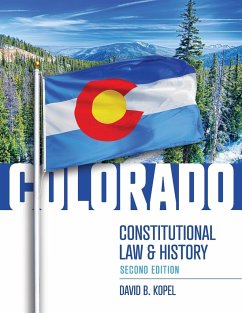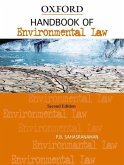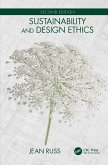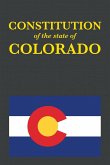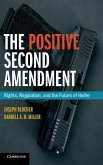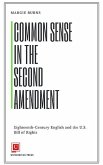Colorado Constitutional Law and History provides students, lawyers, and citizens with historical background, case precedents, and practical analysis of the entire state Constitution. While the U.S. Constitution is terse, the Colorado Constitution is detailed and prescriptive. It covers topics as diverse as gambling, mining, schoolchildren's textbooks, and old age pensions. Adopted in 1876, the Colorado Constitution was the longest that had ever been written. It is even longer today, thanks to the many amendments created via the people's rights of initiative and referendum. When settlement from "the States" began in the 1858 gold rush, Coloradans spontaneously created their own ad hoc governments. Colorado's Constitution later declared Coloradans' "sole and exclusive right of governing themselves." The independent spirit has continued to the present, including in the modern constitutional amendments that defied federal marijuana prohibition. Past and present, Coloradans have wanted an active government, and have also expected that the people in the government will abuse their powers. Colorado's unusually detailed state Constitution is Coloradans' continuing effort to keep government officials under the people's control. Yet over two dozen sections of the Colorado Constitution have been nullified by the Colorado supreme court or by other branches of state government. The majority of nullified sections involve the Constitution's rules against special government aid to politically powerful businesses, and the rules allowing taxation and debt only by voter consent. Colorado Constitutional Law and History describes the successes and failures in the people's attempts to use the Colorado Constitution to regulate governments in Colorado, and to protect Coloradans' rights of governing themselves.
Hinweis: Dieser Artikel kann nur an eine deutsche Lieferadresse ausgeliefert werden.
Hinweis: Dieser Artikel kann nur an eine deutsche Lieferadresse ausgeliefert werden.

